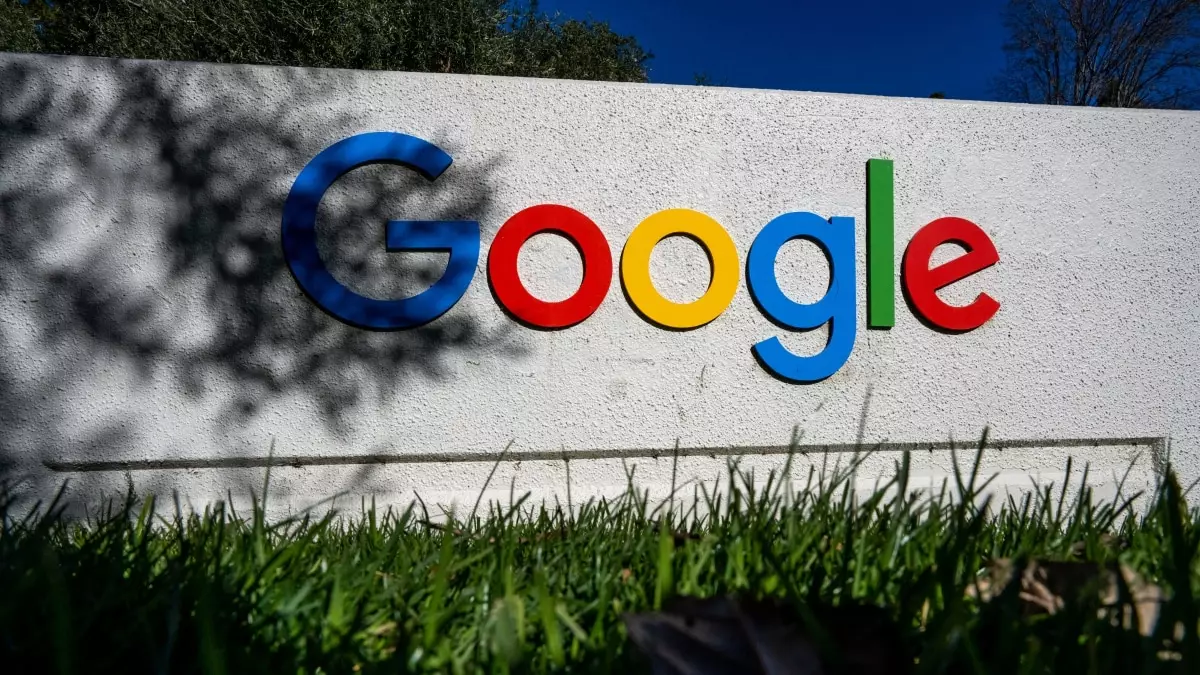In a world increasingly driven by artificial intelligence, Sundar Pichai’s recent declaration at the Bloomberg Tech conference signals a pivotal moment for Alphabet Inc. While many tech giants are downsizing their workforce in response to market pressures and the associated costs of leading in AI, Pichai insists on expanding the engineering talent pool until at least 2026. This stance highlights a crucial narrative—that even as we stand on the brink of a technological revolution, human ingenuity remains irreplaceable and central to innovation. However, does this ambitious commitment truly reflect a sustainable path forward, or is it merely a response to a market full of uncertainties and fears?
The backdrop to Pichai’s announcement is grim: a series of layoffs across the tech sector have triggered paranoia about job security and the future of work. Microsoft and others have made headlines for workforce reductions, primarily motivated by the substantial investments necessary to remain at the forefront of AI technology. In stark contrast, Google has opted to expand its engineering ranks, suggesting an intentional strategy that favors human involvement over automation, at least for now. Yet, one can’t help but wonder if this is a fleeting moment of clarity in an industry that seems hell-bent on replacing human roles while simultaneously glorifying the potential of AI.
The Balancing Act of AI’s Promise and Shortcomings
Pichai paints a compelling picture of an AI-enhanced future where human engineers are liberated from mundane tasks, enabling them to focus on higher-order creative problem-solving. Nevertheless, this optimism is tempered by a sober acknowledgment of AI’s current limitations. Despite its rapid advancements in environments like coding, AI remains prone to fundamental errors, an aspect that Pichai openly admits. His hesitance to proclaim an imminent arrival of artificial general intelligence (AGI) resonates deeply in the current dialogue about AI’s evolving role: Are we overestimating its capabilities, or are we simply too blind to see the nuanced reality?
As Google integrates more AI features into its search engine, the pushback from publishers reveals the complex interplay between innovation and economic livelihood. Pichai’s assurances that they remain committed to ensuring traffic flows to websites point to an attempt to balance corporate innovation with accountability toward content creators. His affirmation of thoughtfully designed AI solutions indicates a desire not just to lead in technology but to maintain a fair ecosystem for those who contribute to the web. However, this begs the question: can Google genuinely remain committed to its partners while harnessing AI’s potential to dominate search landscapes?
The Culture Shift in Silicon Valley: Patriotism Meets Tech
The ongoing dialogue about AI and its ramifications extends beyond just engineering and economics. At the same conference, Meta’s CTO Andrew Bosworth alluded to a significant cultural shift within Silicon Valley: a newfound willingness to support military initiatives. As tech companies forge partnerships with defense contractors like Anduril Industries, the blending of technology with military applications raises ethical concerns that the industry must confront. Bosworth’s remarks about a strong patriotic undercurrent show a conviction that the intersection of technology and defense has taken on new relevance. Yet, is this patriotism grounded in genuine commitment to national security, or does it mask deeper commercial ambitions?
This entanglement of technology and military ventures underscores a provocative dichotomy within the industry. While the promise of AI-driven advancements can project an image of progressive evolution, the military implications of such innovations provoke fears about their intended use. In a world already fraught with geopolitical tensions, the readiness of tech giants to align their capabilities with defense agendas casts a long shadow over the ethical frameworks of innovation. The question remains: at what cost does the tech sector seek to thrive in a militarized digital age?
As tech leaders grapple with the balance between human talent and AI advancements, one thing is clear: navigating this landscape requires not just foresight but a commitment to ethical considerations that prioritize human dignity and societal well-being. It’s a frontier marked not just by technological prowess but a pressing need for conscientious leadership.


Leave a Reply